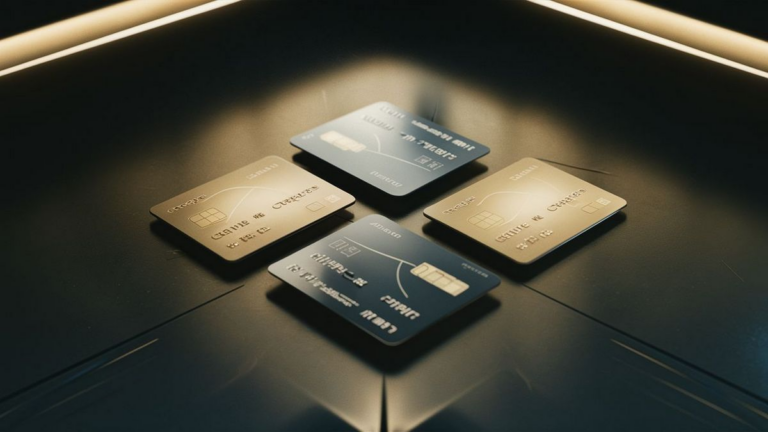When it comes to managing finances and making purchases, understanding the nuances between different types of payment cards is crucial. Two commonly used types of cards are charge cards and credit cards. While they may seem similar at first glance, there are key differences that consumers should be aware of to make informed decisions about their financial transactions.
Charge Cards: A Brief Overview
A charge card is a payment card that allows users to make purchases with the promise to pay the balance in full by the due date, typically on a monthly basis. Unlike credit cards, charge cards do not have a pre-set spending limit. Instead, the spending limit is flexible and can vary based on the cardholder’s spending habits and payment history.
Credit Cards: A Brief Overview
Credit cards, on the other hand, offer users a revolving line of credit that allows them to make purchases up to a certain credit limit. Cardholders have the option to pay the full balance each month or carry a balance over time, incurring interest charges on the unpaid balance. Credit cards also often come with rewards programs, cashback offers, and other perks to incentivize card usage.
Key Differences Between Charge Cards and Credit Cards
| Aspect | Charge Card | Credit Card |
|---|---|---|
| Payment Requirement | Must pay balance in full each month | Minimum payment required; can carry balance over time |
| Spending Limit | Flexible, no pre-set limit | Fixed credit limit |
| Interest Charges | No interest charges if balance paid in full | Interest charges apply on unpaid balance |
| Rewards and Perks | Limited rewards and perks | Often come with rewards programs, cashback offers, etc. |
Which One Is Right for You?
Choosing between a charge card and a credit card depends on your financial habits, spending preferences, and ability to manage payments. If you are disciplined about paying off your balance in full each month and prefer flexibility in spending limits, a charge card may be suitable for you. However, if you anticipate needing the option to carry a balance over time or desire rewards and perks, a credit card might be a better fit.
Ultimately, both charge cards and credit cards offer convenience and flexibility in making purchases, but it’s essential to understand the differences to select the option that aligns best with your financial goals and lifestyle.
naging Debt Responsibly
Regardless of whether you choose a charge card or a credit card, responsible debt management is crucial. It’s essential to keep track of your spending, review statements regularly, and make payments on time to avoid accumulating debt and incurring unnecessary fees or interest charges.
Building Credit History
Both charge cards and credit cards can contribute to building a positive credit history when used responsibly. Timely payments and maintaining low balances relative to credit limits demonstrate financial responsibility to credit bureaus, which can positively impact your credit score.
Frequently Asked Questions
- Can I switch from a charge card to a credit card, or vice versa?
- What factors should I consider when comparing different card offers?
- Are there any annual fees associated with charge cards or credit cards?
- How do charge cards and credit cards impact my credit score?
- Do charge cards offer any advantages over credit cards besides the payment requirements?
See also:






